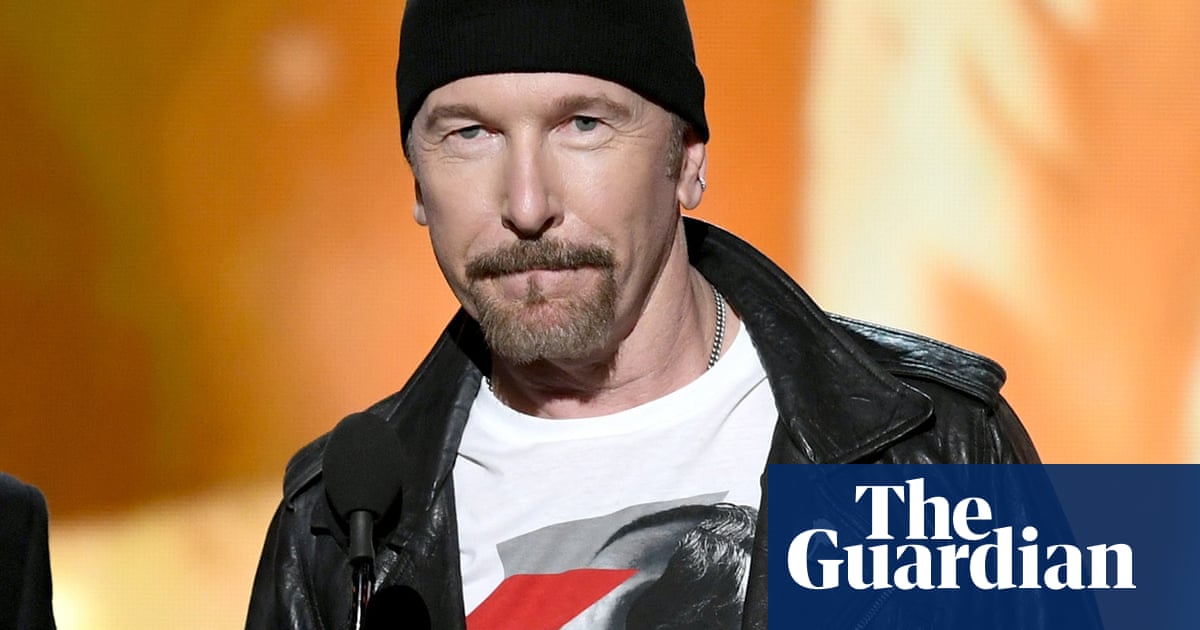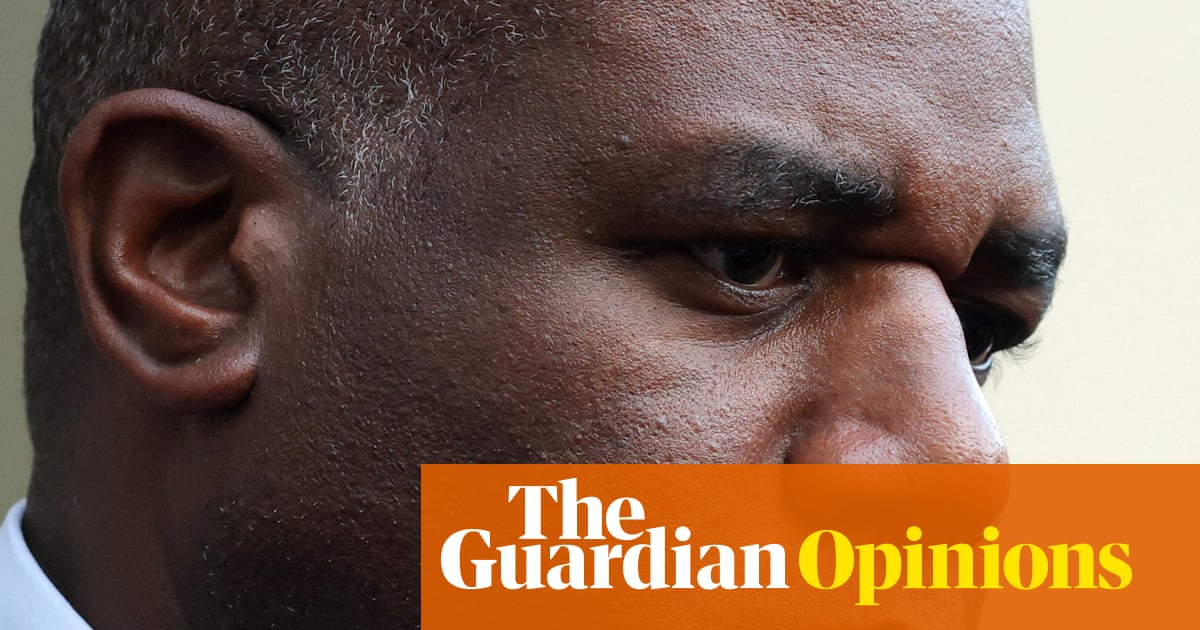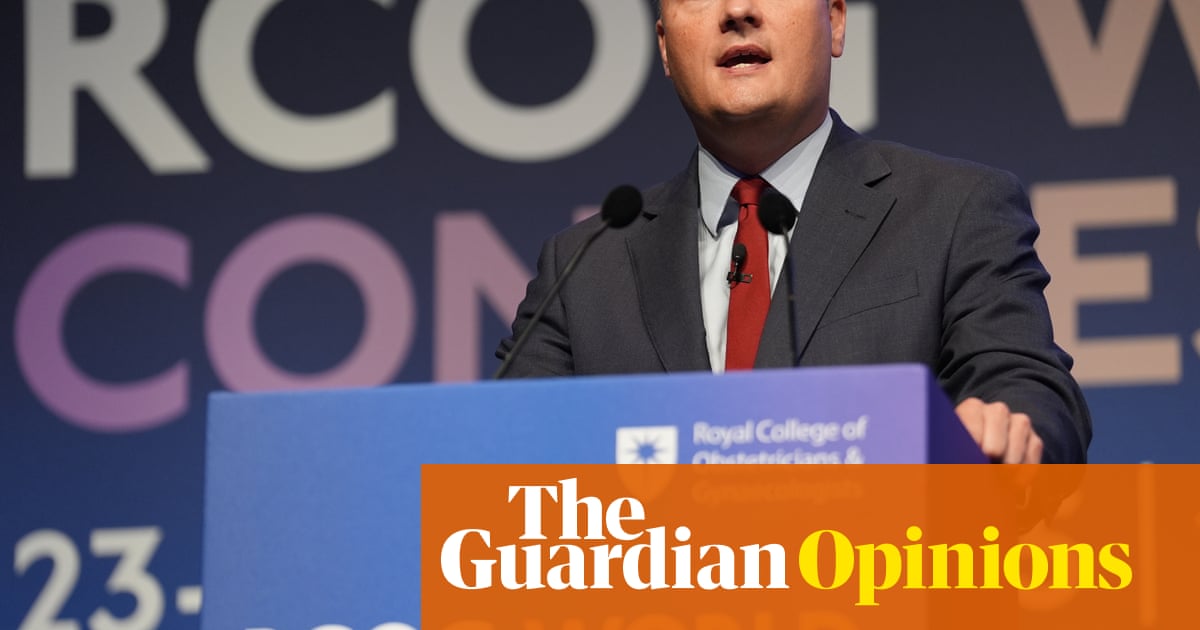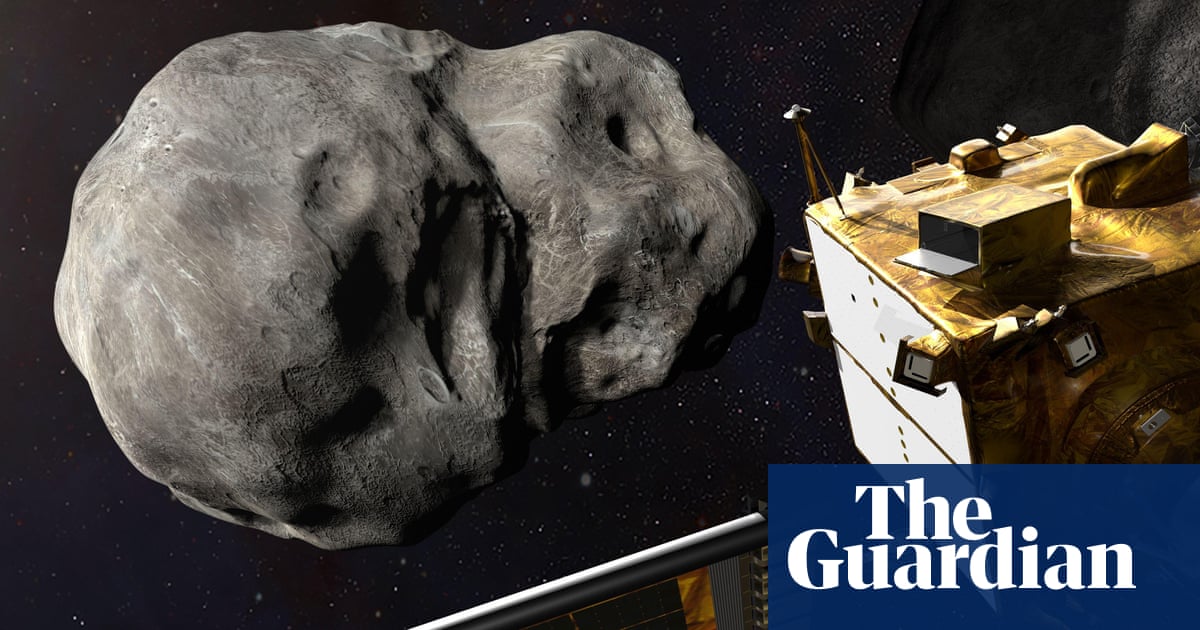US voters are headed to the polls on Tuesday in Wisconsin and Florida in elections that some see as a test of Donald Trump’s popularity and the political clout of his billionaire ally Elon Musk.
The most closely watched contest is a battle for a seat on Wisconsin’s seven-member supreme court. Conservatives are trying to flip ideological control of the court, which currently has a 4-3 liberal majority. The contest, which features the liberal judge Susan Crawford facing off against the conservative Brad Schimel, will have huge consequences in the state.
The supreme court is set to determine the future of abortion and collective bargaining rights. The court could also ultimately require the state legislature to redraw the state’s eight congressional districts, which are heavily distorted in favor of Republicans, who control six of them.
The race has become the most expensive judicial election in American history, with more than $80m spent on both sides. Elon Musk and groups aligned with him have spent more than $20m, and Musk traveled to the state over the weekend to distribute two $1m checks to voters as part of a sweepstakes-like contest. Musk’s investment in the race began shortly after Tesla filed a lawsuit challenging a state law that prevents the company from opening car dealerships in the state. It also comes as he has waged a dangerous attack on judges who block Trump’s executive actions.
Trump endorsed Schimel in March.
Advertising spending on behalf of Crawford ($42.1m) so far has exceeded that spent on Schimel’s behalf ($33.7m), according to AdImpact, a firm that tracks political spending. That much spending is significantly more than the $51m spent on the 2023 state supreme court race and it is orders of magnitude more than was spent in the 2020 race, when candidates spent a combined $10m.
Democrats have seized on Musk’s entrance into the race and sought to energize voters disturbed by his efforts to gut the federal government and make the race a referendum on Trump’s two and a half months in office.
After casting her ballot at Olbrich Botanical Gardens just before 9am in Madison, the state capital and a liberal stronghold, Jeannine Ramsey, 65, said she voted for Crawford and not the “Elon Musk-supported Brad Schimel”, who would not rule fairly on the issues most important to her.
“I think it’s shameful that Elon Musk can come here and spend millions of dollars and try to bribe the citizens,” she said. “I don’t think it should be allowed. He doesn’t live in our state, and I don’t think he should be able to buy this election. It makes me angry.”
She said she was cautious about getting her hopes up. “I live in a very blue bubble and I’ve been very disappointed in the past,” she said. “I thought I knew what people were thinking and feeling, and I was really surprised that people would send a convicted felon back into the presidential office.”
“The Wisconsin supreme court race is the first major test of Elon Musk’s political power since the November presidential race,” Ben Wikler, the chair of the Wisconsin Democratic party, said in an interview in March.
In Florida, much of the attention will be on a special election to replace Mike Waltz, who resigned from Congress to serve as Trump’s national security adviser. Waltz easily won re-election last year in the sixth congressional district, which includes Daytona Beach, by 33 points in November. But there are now concerns that the race may be more competitive than expected.
after newsletter promotion
The Democratic candidate in the race, Josh Weil, has brought in more than $10m while his opponent, the Republican Randy Fine, still favored to win, has brought in around $1m. Weil has also campaigned by emphasizing the threats Musk poses to Medicare and social security.
Public and private polling has shown a closer than anticipated race, Axios reported last week. Fine is still favored to win the race, but if Weil comes within a closer than expected margin, it could still be a sign of momentum for Democrats.
If Democrats were able to flip the seat, it would have significant reverberations in the US House. Republicans hold an extremely narrow 218-213 majority in the lower chamber (there are currently four vacant seats) and cannot afford to lose any advantage in their majority. The concern was so prominent that Trump last week pulled the nomination of Elise Stefanik to be his ambassador to the UN so Republicans could preserve their margin.
The other special election on Tuesday is a contest in the Florida Panhandle to fill the seat once held by Matt Gaetz, who resigned when Trump nominated him to serve as attorney general and then later withdrew his nomination. The Republican Jimmy Patronis is expected to win the seat.

 2 months ago
44
2 months ago
44

















































